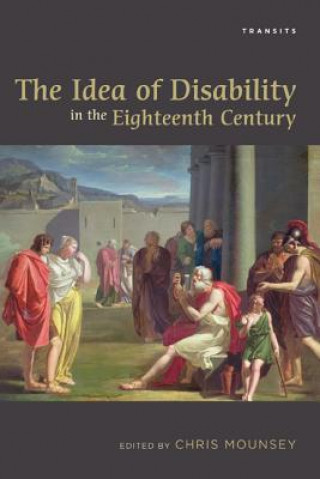
Kód: 04838175
Idea of Disability in the Eighteenth Century
Autor Sharon Alker, Emile Bojesen, Chris Mounsey
The Idea of Disability in the Eighteenth Century explores disabled people who lived in the eighteenth century. The first four essays consider philosophical writing dating between 1663 and 1788, when the understanding of disability ... celý popis
- Jazyk:
 Angličtina
Angličtina - Väzba: Pevná
- Počet strán: 280
Nakladateľ: Bucknell University Press, 2014
- Viac informácií o knihe

166.34 €
Dostupnosť:
50 % šanca Máme informáciu, že by titul mohol byť dostupný. Na základe vašej objednávky sa ho pokúsime do 6 týždňov zabezpečiť.
Máme informáciu, že by titul mohol byť dostupný. Na základe vašej objednávky sa ho pokúsime do 6 týždňov zabezpečiť.Prehľadáme celý svet
Mohlo by sa vám tiež páčiť
-

British Writers
500.97 € -

Mars - A Warmer, Wetter Planet
43.57 € -

First Thrills
11.14 € -23 % -

Butler's Lives Of The Saints:June
46.95 € -

Arrest of Scotland Yard
25.87 € -4 % -

Beyond Market and Hierarchy
152.83 € -10 %
Darčekový poukaz: Radosť zaručená
- Darujte poukaz v ľubovoľnej hodnote, a my sa postaráme o zvyšok.
- Poukaz sa vzťahuje na všetky produkty v našej ponuke.
- Elektronický poukaz si vytlačíte z e-mailu a môžete ho ihneď darovať.
- Platnosť poukazu je 12 mesiacov od dátumu vystavenia.
Informovať o naskladnení knihy
Zadajte do formulára e-mailovú adresu a akonáhle knihu naskladníme, zašleme vám o tom správu. Postrážime všetko za vás.
Viac informácií o knihe Idea of Disability in the Eighteenth Century
Nákupom získate 411 bodov
 Anotácia knihy
Anotácia knihy
The Idea of Disability in the Eighteenth Century explores disabled people who lived in the eighteenth century. The first four essays consider philosophical writing dating between 1663 and 1788, when the understanding of disability altered dramatically. We begin with Margaret Cavendish, whose natural philosophy rejected ideas of superiority or inferiority between individuals based upon physical or mental difference. We then move to John Locke, the founder of empiricism in 1680, who believed that the basis of knowledge was observability, but who, faced with the lack of anything to observe, broke his own epistemological rules in his explanation of mental illness. Understanding the problems that empiricism set up, Anthony Ashley Cooper, Lord Shaftesbury, turned in 1711 to moral philosophy, but also founded his philosophy on a flaw. He believed in the harmony of "the aesthetic trinity of beauty, truth, and virtue" but he could not believe that a disabled friend, whom he knew to have been moral before his physical alteration, could change inside. Lastly, we explore Thomas Reid who in 1788 returned to the body as the ground of philosophical enquiry and saw the body as a whole-complete in itself and wanting nothing, be it missing a sense (Reid was deaf) or a physical or mental capacity. At the heart of the study of any historical artifact is the question of where to look for evidence, and when looking for evidence of disability, we have largely to rely upon texts. However, texts come in many forms, and the next two essays explore three types-the novel, the periodical and the pamphlet-which pour out their ideas of disability in different ways. Evidence of disabled people in the eighteenth century is sparse, and the lives the more evanescent. The last four essays bring to light little known disabled people, or people who are little known for their disability, giving various forms of biographical accounts of Susanna Harrison, Sarah Scott, Priscilla Poynton and Thomas Gills, who are all but forgotten in the academic world as well as to public consciousness.
 Parametre knihy
Parametre knihy
Zaradenie knihy Knihy po anglicky Literature & literary studies Literature: history & criticism Literary studies: general
166.34 €
- Celý názov: Idea of Disability in the Eighteenth Century
- Autor: Sharon Alker, Emile Bojesen, Chris Mounsey
- Jazyk:
 Angličtina
Angličtina - Väzba: Pevná
- Počet strán: 280
- EAN: 9781611485592
- ID: 04838175
- Nakladateľ: Bucknell University Press
- Hmotnosť: 572 g
- Rozmery: 236 × 162 × 27 mm
- Dátum vydania: 21. March 2014
Obľúbené z iného súdka
-
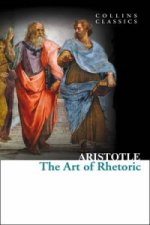
Art of Rhetoric
3.57 € -24 % -

Rumi: The Big Red Book
15.34 € -21 % -

On Writers and Writing
12.27 € -23 % -

Life and Crimes of Agatha Christie
14.41 € -23 % -
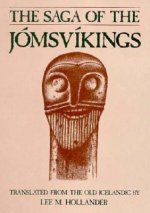
Saga of the Jomsvikings
26.08 € -10 % -

Dead Souls
13.80 € -10 % -

Cambridge Old English Reader
44.08 € -
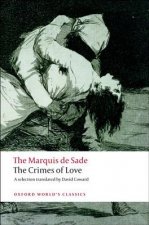
Crimes of Love
11.14 € -23 % -
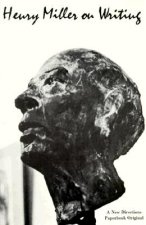
Henry Miller on Writing
17.59 € -3 % -
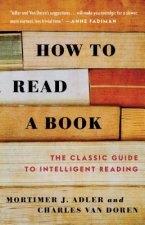
How to Read a Book
14.11 € -11 % -

Anna Karenina
9.50 € -16 % -

Complete Poems of Hart Crane
18 € -7 % -

The Picture of Dorian Gray
6.64 € -22 % -

Hamlet: The Oxford Shakespeare
9.40 € -21 % -

Weird and the Eerie
10.12 € -22 % -

Outsider
11.14 € -23 % -
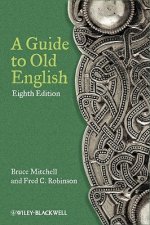
Guide to Old English 8e
89.51 € -
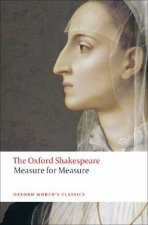
Measure for Measure: The Oxford Shakespeare
8.99 € -23 % -

Sejong Korean Extension Activity Book 1A - English Edition, m. 1 Audio
22.19 € -
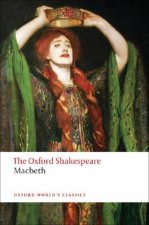
Tragedy of Macbeth: The Oxford Shakespeare
9.91 € -19 % -

Mysteries of Udolpho
10.22 € -24 % -
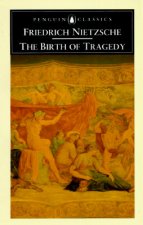
Birth of Tragedy
10.12 € -22 % -

Golden Bough
15.64 € -18 % -
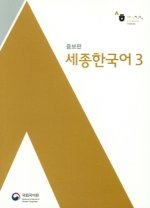
Sejong Korean 3, m. 1 Audio
27.51 € -

Iliad
4.70 € -13 % -

Moveable Feast
10.83 € -10 % -

Karamazov Brothers
11.14 € -23 % -

Gulliver's Travels
6.84 € -23 % -

Saga of Tanya the Evil, Vol. 3
11.65 € -18 % -

Dream Story
11.14 € -23 % -

Finn and Hengest
10.12 € -22 % -
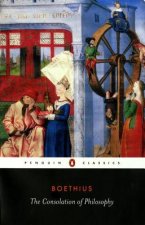
Consolation of Philosophy
11.14 € -23 % -
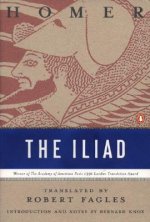
Iliad
17.18 € -19 % -

Analysis of Donna Haraway's A Cyborg Manifesto
9.20 € -4 % -

Selected Essays
11.14 € -23 % -

Devils
11.04 € -17 % -

J. R. R. Tolkien
11.45 € -21 % -

Tragedy of King Richard III: The Oxford Shakespeare
8.38 € -24 % -
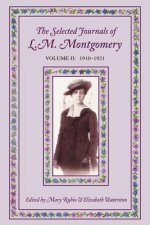
Selected Journals of L.M. Montgomery
20.96 € -9 % -

Sejong Korean Student Book 2A - English Edition, m. 1 Audio
29.56 € -

Selected Poems
14.82 € -19 % -

Cambridge Greek Lexicon 2 Volume Hardback Set
116.41 € -

The Tempest: The Oxford Shakespeare
8.99 € -23 % -

Paradise Lost
16.56 € -23 % -

Complete English Poems
16.56 € -23 % -
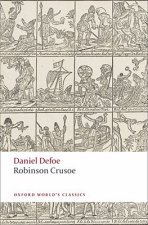
Robinson Crusoe
7.76 € -18 % -

Literature and Evil
12.98 € -18 % -

Speak, Memory
17.69 € -23 % -

Parzival and Titurel
13.19 € -19 %
Osobný odber Bratislava a 2642 dalších
Copyright ©2008-24 najlacnejsie-knihy.sk Všetky práva vyhradenéSúkromieCookies


 21 miliónov titulov
21 miliónov titulov Vrátenie do mesiaca
Vrátenie do mesiaca 02/210 210 99 (8-15.30h)
02/210 210 99 (8-15.30h)